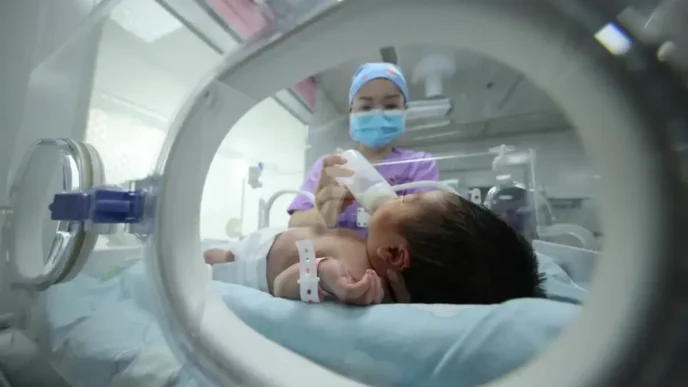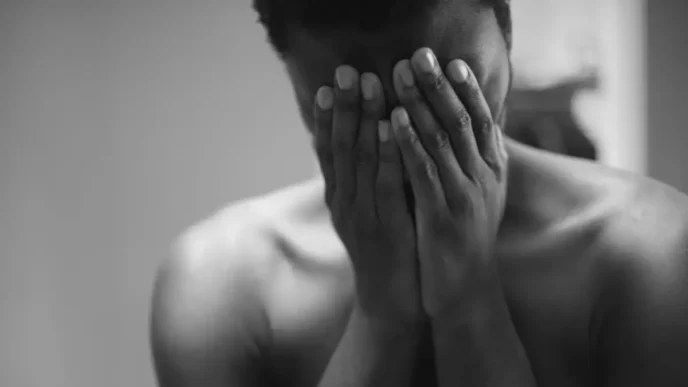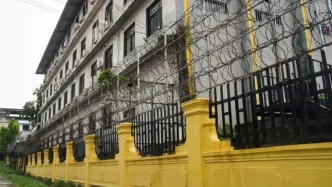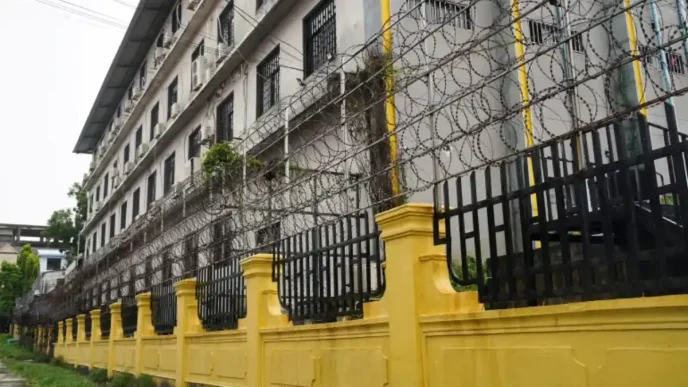As Vietnam commemorates the 50th anniversary of the fall of Saigon on April 30, 1975, the nation reflects on the countless sacrifices made during the resistance war against the United States. Among the most remarkable yet often overlooked contributions are those of Vietnamese women, who served in diverse roles—from nurses and road workers to volunteer cooks—enduring unimaginable hardships to secure independence. Their stories, passed down through generations, reveal a resilience and dedication that helped shape the country’s path to reunification.
A Generation Called to Serve
In the 1960s, as the war intensified, Vietnam faced a national crisis that galvanized its youth. Women, in particular, answered the call to action, joining the liberation efforts in numbers that, while unquantified, left an indelible mark on history. From the treacherous paths of the Truong Son Trail—also known as the Ho Chi Minh Trail, a vital supply route through rugged terrain—to the bomb-scarred roads of central Vietnam, their contributions spanned medical care, infrastructure support, and logistical aid. These women, often in their late teens or early twenties, traded personal aspirations for the collective goal of liberating the South.
Nguyen Kim Quy, a nurse who served on the Truong Son Trail between 1968 and 1972, recalls the fervor of her generation. “The war ignited the spirit of the younger generation, and in a time of national crisis, we were all committed to liberating the South” she said. After graduating from Phu Tho Medical School, Quy joined the 471st Division as part of a military medical team. Alongside her mostly female classmates, she embarked on grueling month-long treks, carrying heavy backpacks through hostile terrain under constant threat of US air bombings. Despite hunger, inadequate clothing, and the ever-present danger, their unity and determination never wavered.
Enduring Hardship on the Frontlines
For many women, the physical and emotional toll of war was compounded by the lack of basic necessities. As medics like Quy treated wounded soldiers and civilians, often without weapons of their own, they forged bonds of mutual respect with combat units and even Laotian communities along the trail. In 1969, Quy was recognized as an exemplary army medic, a testament to her perseverance. “I never imagined I would endure such hardship, but I’m proud of the role I played in the country’s liberation cause” she reflected.
Others, like Duong Thi Phuong, a volunteer road worker from 1965 to 1969, faced equally daunting challenges. Tasked with building and repairing roads for military transport, she and her peers wielded pickaxes and shovels under the scorching sun of Quang Tri and the harsh winds blowing from Laos. “Our hands became calloused and stiff. Our hair and faces were messy, and our skin darkened” she recounted. The absence of hygiene products made personal care a distant dream, yet their resolve remained unshaken.
Quach Thi Minh Thu, another youth volunteer during the same period, described the brutal conditions in Quang Binh, where scorching summers gave way to freezing winters. On December 25, 1968, amid an enemy attack, her unit cleared roads in subzero temperatures, clad only in thin cotton jumpers. “By morning, we were frozen, but we couldn’t stop until the work was done” she said. Despite inadequate clothing and the constant threat of floods sweeping away their sandals, they found solace in small acts of camaraderie, such as sharing fires to dry patched-up garments.
Sacrificing Personal Dreams for National Cause
Beyond physical endurance, these women sacrificed personal milestones. Tran Thi Thanh, a youth volunteer from 1965 to 1969, spoke of setting aside thoughts of love and romance during her service. “We didn’t even think about love. Maybe there were moments when we had a little crush, but we reminded ourselves that we were on the battlefield” she said. Instead, their focus remained on the mission ahead, even as they marveled at the simple beauty of forest orchids, unaware of their identity until returning to Hanoi years later.
Duong Thi Vin, who served as a youth volunteer from 1965 to 1968, played a key role in mobilizing recruits as the Youth Union Secretary in Vinh Tuy. At a time when war with the US sparked the “Three Readiness” movement, she witnessed an outpouring of patriotic zeal, with nearly 10,000 applications for just 1,500 volunteer positions. Despite receiving a university admission letter, Vin chose to join the effort, working on road construction under constant air raids. “I came to terms with the possibility of death, knowing our sacrifices were for national reunification” she said.
Small Joys Amidst the Struggle
Even in the darkest moments, these women found ways to sustain their spirits. Cultural performances became a lifeline, with patriotic songs and skits staged on significant dates. Minh Thu recalled using army uniforms and paper as costumes for dances in air raid shelters. “Those moments lifted our spirits and helped us endure the battlefield” she said. For Duong Thi Bon, a volunteer cook from 1965 to 1969, the fear of disappearing without a trace under American bombings haunted her daily trips to markets for her unit’s food supplies. Yet, serving meals to 200 road workers provided a sense of purpose amidst the chaos.
A Legacy of Resilience
The joy of victory on April 30, 1975, marked the culmination of their sacrifices. For Quy, the overwhelming sense of independence and peace was a reward beyond measure. “Today, as the country continues to grow, I feel privileged to have been part of such a historic era” she said. Thanh, now in her later years, continues to inspire her children and grandchildren with her unwavering commitment. “If given the chance to help on an island or elsewhere, I would still volunteer” she affirmed.
Vin, reflecting on the cost of peace, honors the memory of fallen comrades. “Peace came at great cost, and I honor the memory of those who gave their lives for the national cause” she said. Their stories are not just personal triumphs but a collective testament to the strength of Vietnamese women during one of the nation’s most defining periods.
As Vietnam moves forward, these unsung heroes remind us of the human spirit’s capacity to endure and overcome. Their legacy, etched into the fabric of the nation, continues to inspire future generations to value the hard-won peace they fought for.














